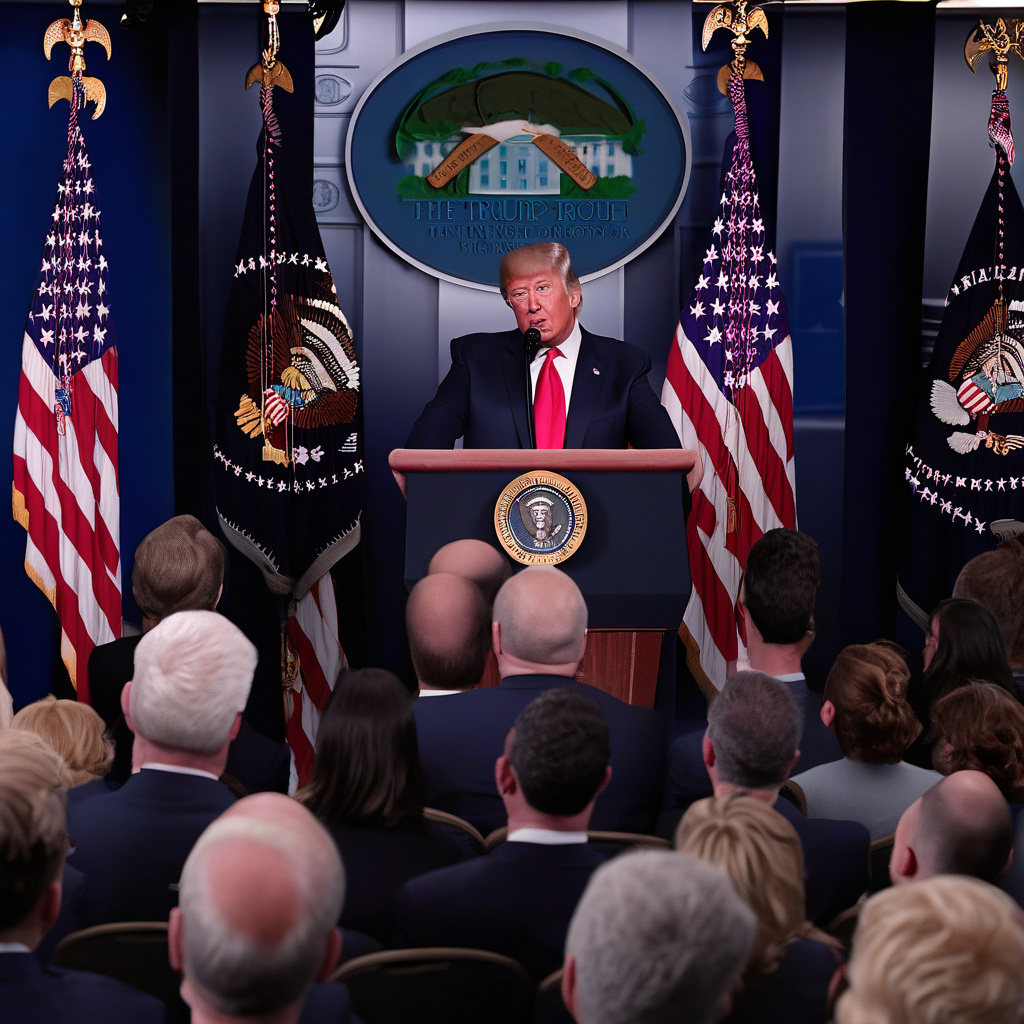In a recent turn of events, President Donald Trump has granted a one-month reprieve on tariffs for automobile imports from Canada and Mexico. This decision follows urgent pleas from executives representing the Big Three automakers: General Motors, Ford, and Stellantis. The development comes hot on the heels of Trump’s initial imposition of 25% tariffs on all goods from the United States’ neighboring countries.
The automotive industry, especially the Big Three automakers, plays a significant role in both the American and global economies. Any tariffs imposed on automobile imports would have far-reaching consequences, impacting not only the automakers but also suppliers, dealers, and consumers.
By delaying the tariffs on automobile imports, Trump has provided a brief window of opportunity for negotiations and discussions to take place. This move demonstrates an understanding of the complexities and interconnected nature of the global automotive supply chain.
The Big Three automakers have been at the forefront of advocating for fair trade practices and policies that support a competitive and thriving automotive industry. Their influence and impact on the economy cannot be understated, making it crucial for policymakers to consider their perspectives and concerns.
As technology continues to drive innovation in the automotive sector, including electric vehicles, autonomous driving, and connected cars, fostering a conducive environment for growth and development is paramount. Tariffs and trade barriers can hinder progress and innovation, ultimately affecting the industry’s ability to adapt and evolve.
The temporary reprieve granted by President Trump underscores the importance of engaging with key stakeholders and industry leaders when making decisions that have far-reaching implications. It allows for a more nuanced approach to trade policies, taking into account the broader impact on various sectors of the economy.
Moving forward, it is essential for policymakers to work collaboratively with industry experts, taking into consideration the dynamic nature of the automotive industry and the evolving global landscape. By fostering an environment that encourages dialogue and cooperation, we can ensure sustainable growth and prosperity for all stakeholders involved.
In conclusion, the one-month reprieve on tariffs for automobile imports from Canada and Mexico offers a glimpse of hope for the automotive industry. It highlights the significance of collaboration and dialogue in shaping trade policies that support innovation, growth, and competitiveness. By recognizing the interconnectedness of the global economy, we can pave the way for a more sustainable and prosperous future for the automotive sector and beyond.

